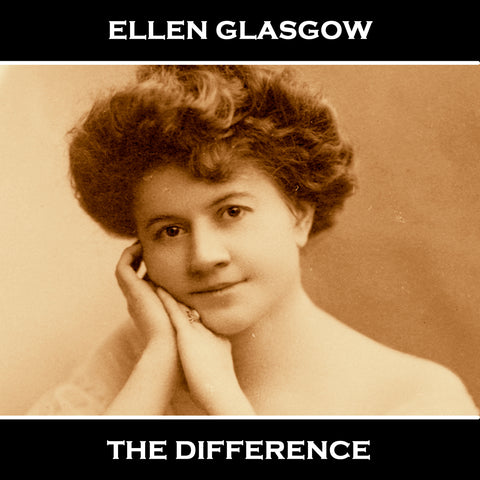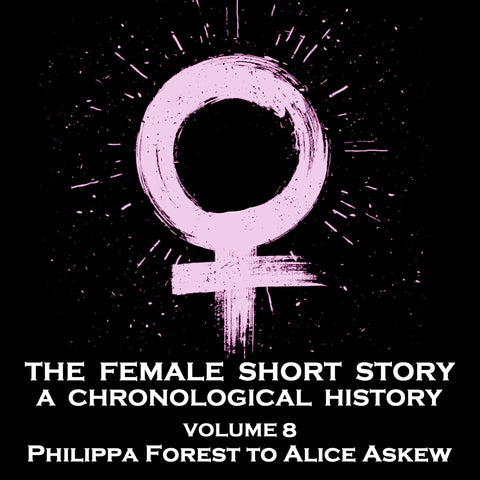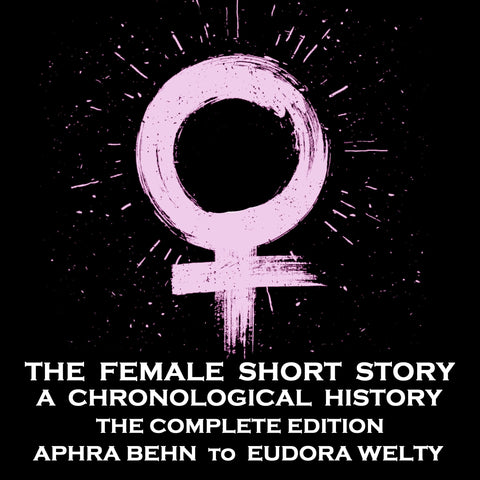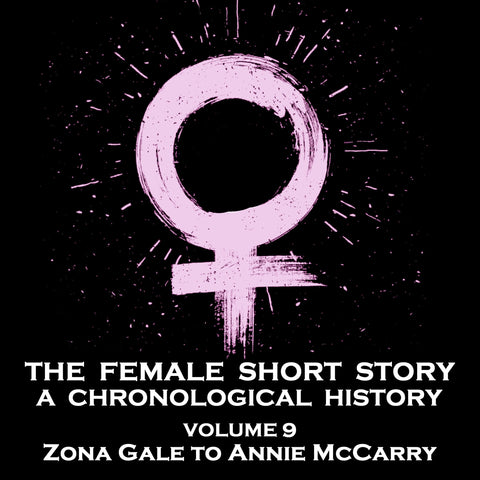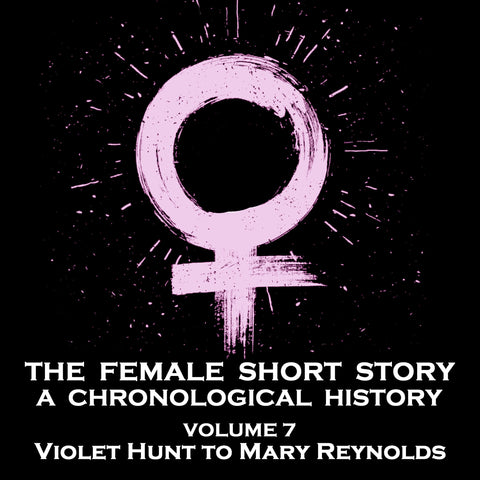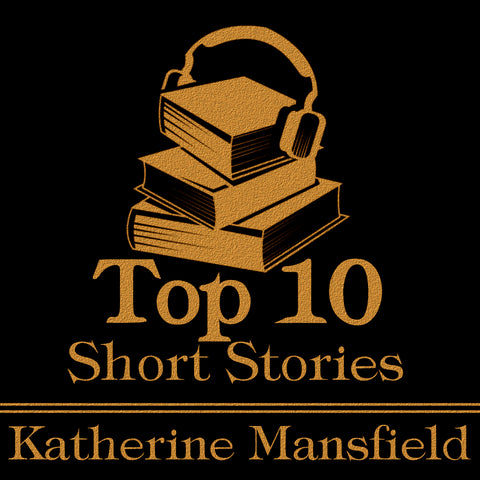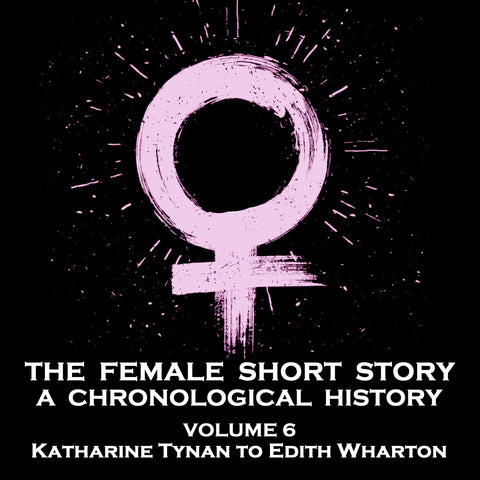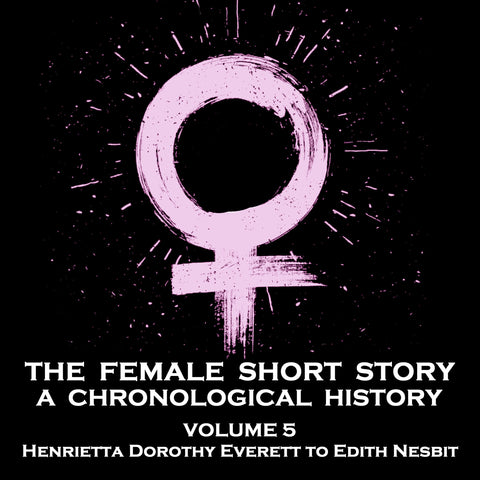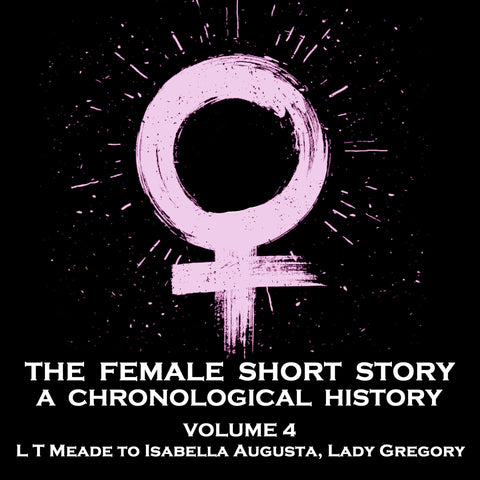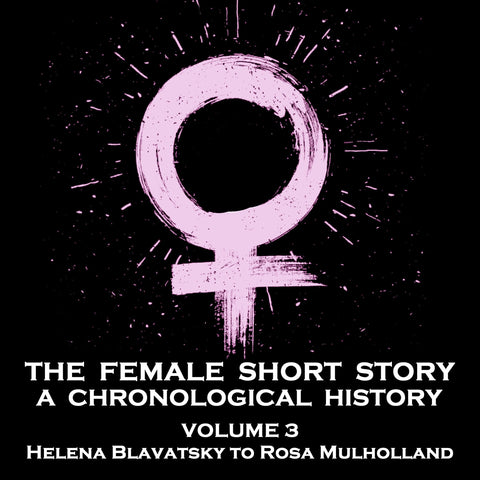Your cart is empty now.
Read by Eve Karpf, Janet Fullerlove & Richard Mitchley (Unabridged: 7hrs 56mins)
Featuring stories by Winifred Holtby, Emma Vane, Katherine Mansfield, Marjorie Bowen, Dorothy Parker, Dorothy Edwards & others.
A wise man once said ‘The safest place for a child is in the arms of his mother’s voice’. This is a perfect place to start our anthology of female short stories.
Some of our earliest memories are of our mothers telling us bedtime stories. This is not to demote the value of fathers but more to promote the often-overshadowed talents of the gentler sex.
Perhaps ‘gentler’ is a word that we should re-evaluate. In the course of literary history it is men who dominated by opportunity and with their stranglehold on the resources, both financial and technological, who brought their words to a wider audience. Men often placed women on a pedestal from where their talented words would not threaten their own.
In these stories we begin with the original disrupter and renegade author Aphra Behn. A peek at her c.v. shows an astounding capacity and leaves us wondering at just how she did all that.
In those less modern days to be a woman, even ennobled, was to be seen as second class. You literally were chattel and had almost no rights in marriage. As Charlotte Smith famously said your role as wife was little more than ‘legal prostitute’. From such a despicable place these authors have used their talents and ideas and helped redress that situation.
Slowly at first. Privately printed, often anonymously or under the cloak of a male pseudonym their words spread. Their stories admired and, usually, their role still obscured from rightful acknowledgement.
Aided by more advanced technology, the 1700’s began to see a steady stream of female writers until by the 1900’s mass market publishing saw short stories by female authors from all the strata of society being avidly read by everyone. Their names are a rollcall of talent and ‘can do’ spirit and society is richer for their works.
In literature at least women are now acknowledged as equals, true behind the scenes little has changed but if (and to mis-quote Jane Austen) there is one universal truth, it is that ideas change society. These women’s most certainly did and will continue to do so as they easily write across genres, from horror and ghost stories to tender tales of love and making your way in society’s often grueling rut. They will not be silenced, their ideas and passion move emotions, thoughts and perhaps more importantly our ingrained view of what every individual human being is capable of.
It is because of their desire to speak out, their desire to add their talents to the bias around them that we perhaps live in more enlightened, almost equal, times.
Within these stories you will also find very occasional examples of historical prejudice. A few words here and there which in today’s world some may find inappropriate or even offensive. It is not our intention to make anyone uncomfortable but to show that the world in order to change must reconcile itself to the actual truth rather than put it out of sight. Context is everything, both to understand and to illuminate the path forward. The author’s words are set, our reaction to them encourages our change.
In this compilation -
01 - The Female Short Story. A Chronological History - An Introduction - Volume 10
02 - Decay by Marjorie Bowen
03 - The Lie by Holloway Horn
04 - Joseph by Katherine Rickford
05 - The Garden Party by Katherine Mansfield
06 - The Hoodoo by Martha Gruening
07 - The Three Kisses by Violet Quirk
08 - Sophy Mason Comes Back by E M Delafield
09 - The Death Hound by Violet Mary Firth writng as Dion Fortune
10 - After the Funeral by Mary Butts
11 - In No Strange Land by Katharine Butler
12 - Here We Are by Dorothy Parker
13 - Young Magic by Helen Simpson
14 - The Casualty List by Winifred Holtby
15 - Satan's Circus by Lady Eleanor Smith
16 - Rhapsody by Dorothy Edwards
17 - The Moaning Lily by Emma Vane
18 - Why I Live at the PO by Eudora Welty


